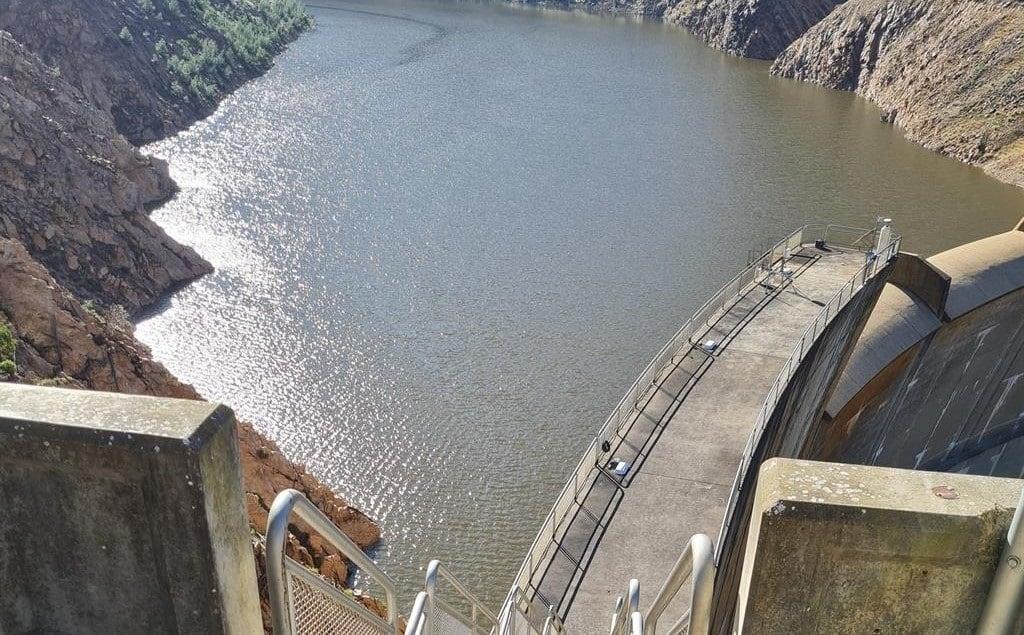Africa-Press – South-Africa. Drought-hit Nelson Mandela Bay breathed a sigh of relief after sporadic rainfall in the catchment areas in recent months led to an increase in dam levels.
Some dams even reached acceptable levels for the first time in years.
The biggest dam supplying the metro – Kouga Dam – reached the 45 percent mark on Monday for the first time since 2019.
It had plunged to around the three percent level in 2021.
Following a low start to the year, on 31.88 percent, the metro’s second major dam – Churchill Dam – is now at 61.13 percent.
The decommissioned Impofu Dam increased from seven percent to just above 10 percent.
The smaller balancing dams, Loerie and Groendal, are at 100 percent capacity each.
While these figures may seem reassuring, locals are warned to not become complacent and to change their behaviour.
Garth Sampson, a spokesperson for the South African Weather Service, said the rain, or lack thereof, was not the main problem. The problem was over-consumption.
According to Sampson, some residents were ignoring the fact that the metro was still caught in the middle of a hydrological drought.
He said a hydrological drought occurred when low water supply was evident, especially in streams, reservoirs and groundwater levels, after many months of a meteorological drought.
He said:
Some people tend to rely on the fact that the Loerie and Groendal Dams are at maximum capacity, but according to Sampson, this does not make much of a difference to the drought.
“Loerie is a ‘balancing dam’. This means that water is pumped from Kouga and it has a very small catchment. It is from there that water is treated and pumped to the Bay,” Sampson said.
Groendal, also a balancing dam, supplies the areas of Kariega, Despatch and surrounds.
While the rain forecast for the upcoming weekend looks promising and the metro can expect rain at regular intervals until the end of winter, not much can be expected after that, according to Sampson.
“Summer is looking below normal and, besides, we do not get much rain in summer anyway. Therefore, we must preserve water and make sure it stretches until next winter,” he said.
For More News And Analysis About South-Africa Follow Africa-Press






